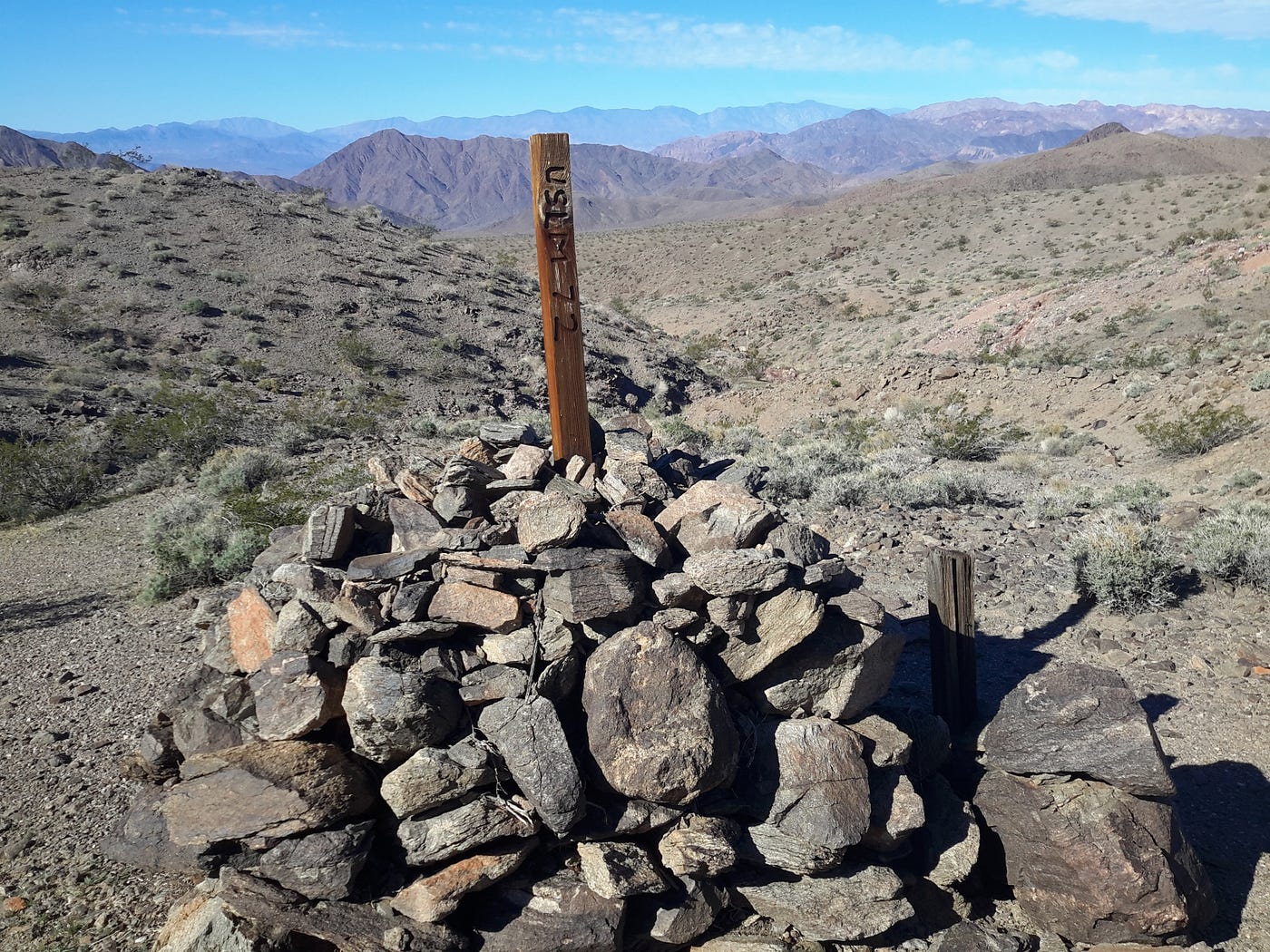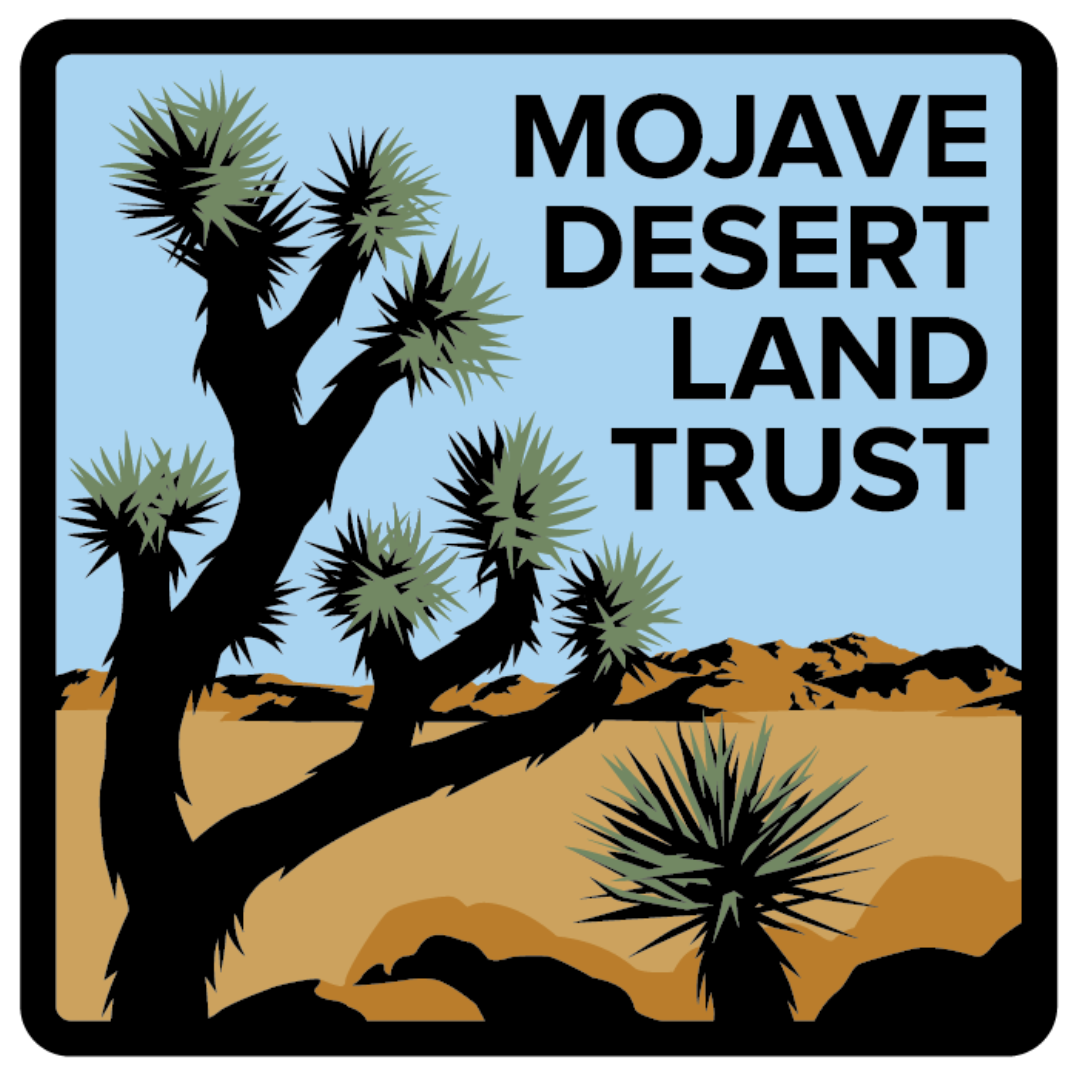How did MDLT become a record-holder in land conservation?
This post was originally published on this site
National parks often contain private land within their borders. This can be problematic when it comes to managing natural resources. The Mojave Desert Land Trust plays an important role in conserving these lands by acquiring them from willing sellers and conveying them over to the National Park Service. MDLT has now conveyed more tracts of land to the National Parks system than any nonprofit since 2006.

There is an outdoor classroom deep in the Mojave National Preserve. It hasn’t been used for many years, but the chairs and desk are still in place, shaded from the burning sun by a roof. It served as a school for the children who grew up here.
This is just one of many former homesteads in the Lanfair Valley in the eastern part of the Preserve. At the start of the 20th century, this area was humming with families who came to stake a claim to land. A wet spell gave settlers hope they could thrive in this arid landscape. But the desert climate proved to be too harsh. Today, most of these homesteads are derelict and the land often forgotten by the current owners.
The existence of private land within national parks is problematic for the National Park Service and can lead to trespassing, erosion, light, noise, and other pollution. The boundaries of each private parcel need to be monitored and can make managing natural resources even harder.
Within those private parcels, the landscape can look very different to the nearby undisturbed desert. Homesteaders were required by law to clear and plant a certain portion of their land. Many pulled up Joshua trees and creosote, and turned over the earth.

When Mojave National Preserve became a National Park Service unit in 1994, over 85,000 acres were still in private hands. Most were in Lanfair Valley.
Today, MDLT helps the National Park Service piece together the Preserve by acquiring these parcels, restoring the land to its natural state, and maintaining buildings that have historic significance. To date, MDLT has transferred 16,946 acres back to the Preserve.
Another 7,972 acres have been conveyed to Joshua Tree National Park and 884 acres to Death Valley National Park. In fact, since 2006, MDLT has conveyed more tracts of land to the National Park Service of any nonprofit nationwide! As Joshua Tree National Park says in this article, they rely on partners like MDLT to monitor property sales within Park borders and to hold onto that land until the National Park Service is ready to take ownership.
In the last 16 years, MDLT has acquired over 100,,000 acres across the California desert, not just in national parks, but in wilderness, national monuments, critical habitat for threatened and endangered species, and wildlife corridors.
Many of the acres acquired across the desert were originally bought by their former owners “sight unseen, perhaps enticed by newspaper ads offering the chance to own a piece of California”.
Land must be returned to its natural state before it can be conveyed to the NPS. Trash, debris, rusted metal, and hazardous materials like asbestos need to be removed to protect plants, wildlife, and visitors.
That’s where MDLT’s Land Stewardship team comes in. They inspect prospective properties, like you can see in this video, where they document significant natural resources and assess if the land needs restoration or to be cleaned up. They also do in person and virtual inspections of every MDLT property once a year.
Once land is ready to be transferred over to a federal agency, it is typically conveyed in bundles, like these stunning 680 acres in Death Valley National Park.

Federal agencies acquire these lands from MDLT using the Land and Water Conservation Fund, a critical source of conservation funding which congress recently made permanent. MDLT uses the proceeds of each sale to continue its efforts to conserve our precious and irreplaceable desert lands.
Read more about MDLT’s role in land acquisition in this article in the LA Times.
Do you want to help us do this work? You can make a donation here. Thank you!

